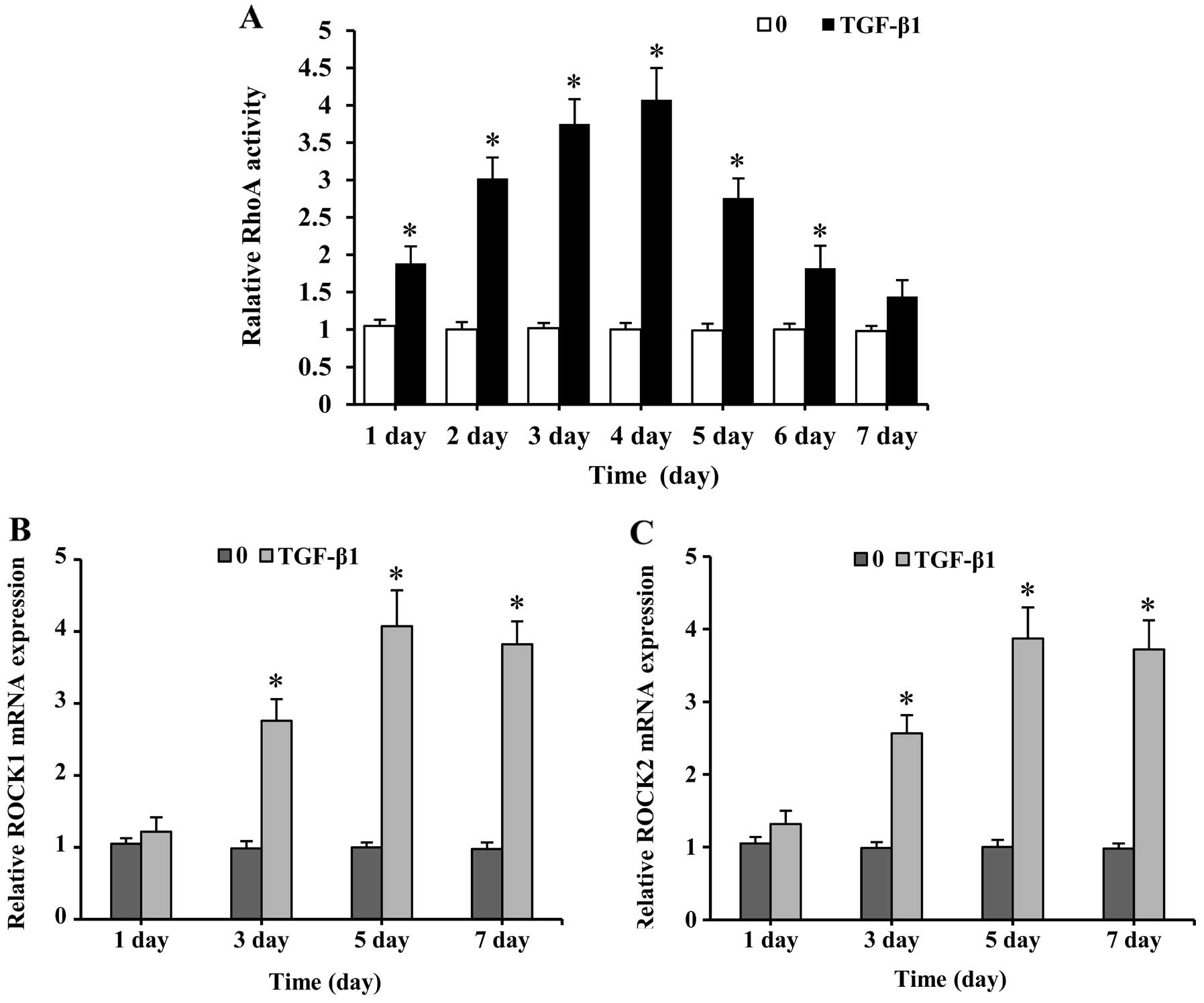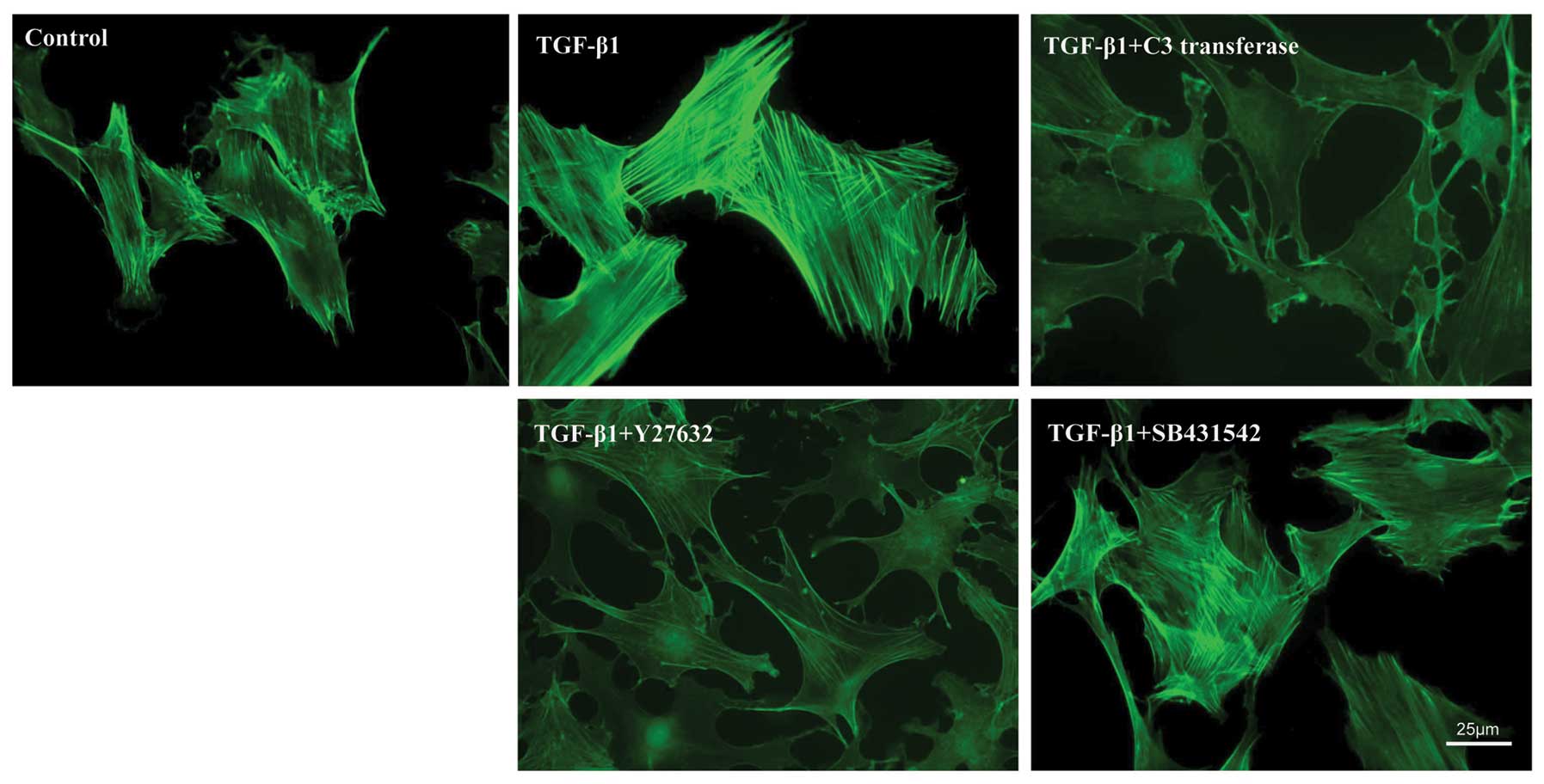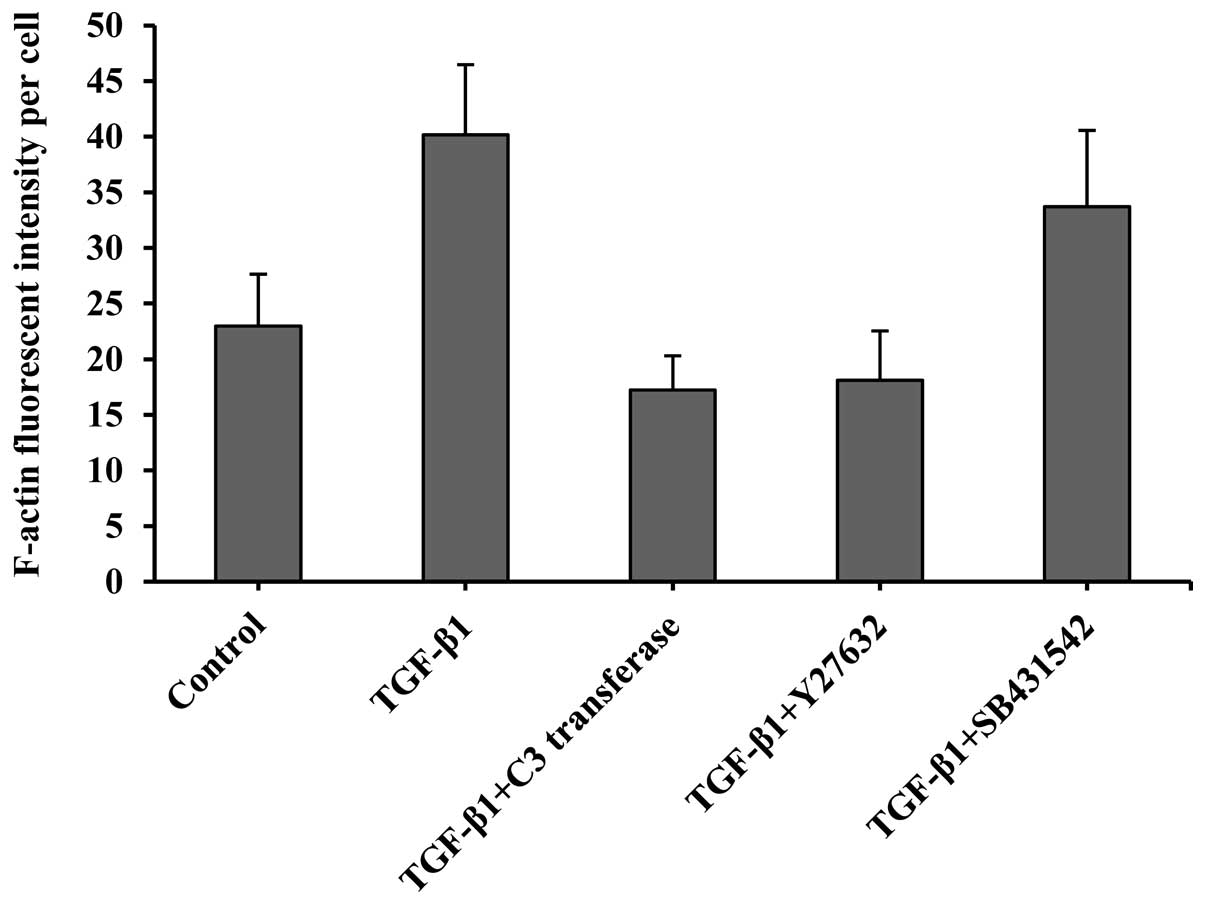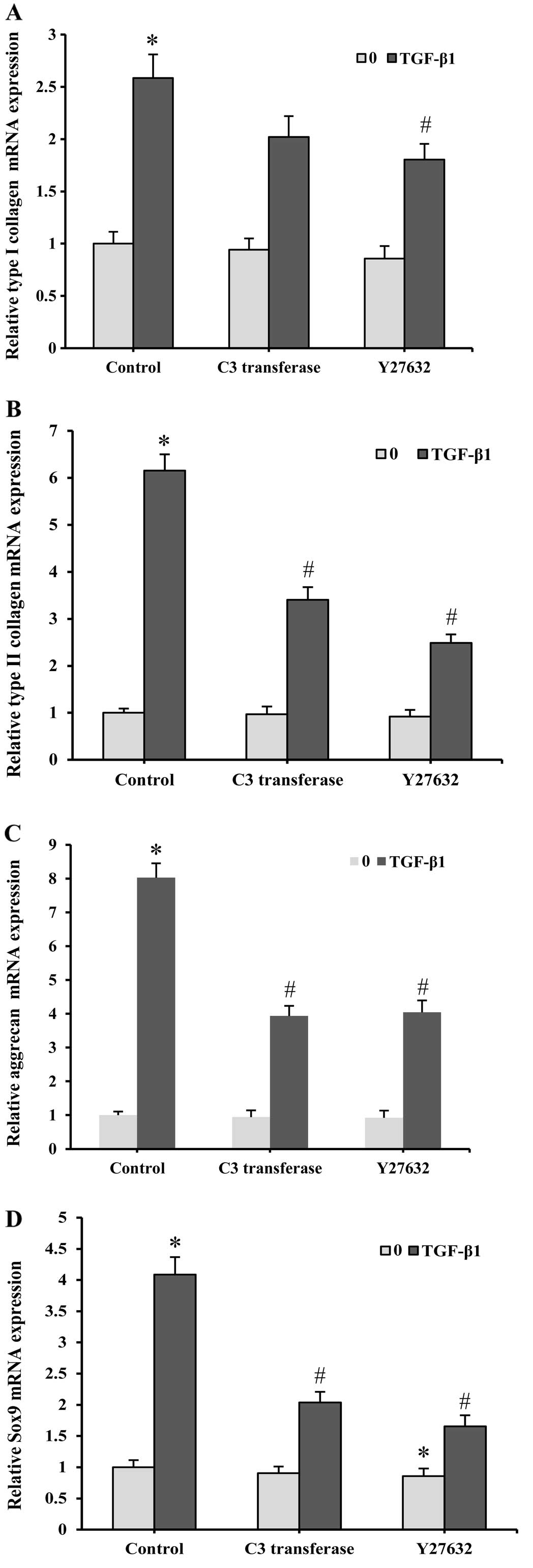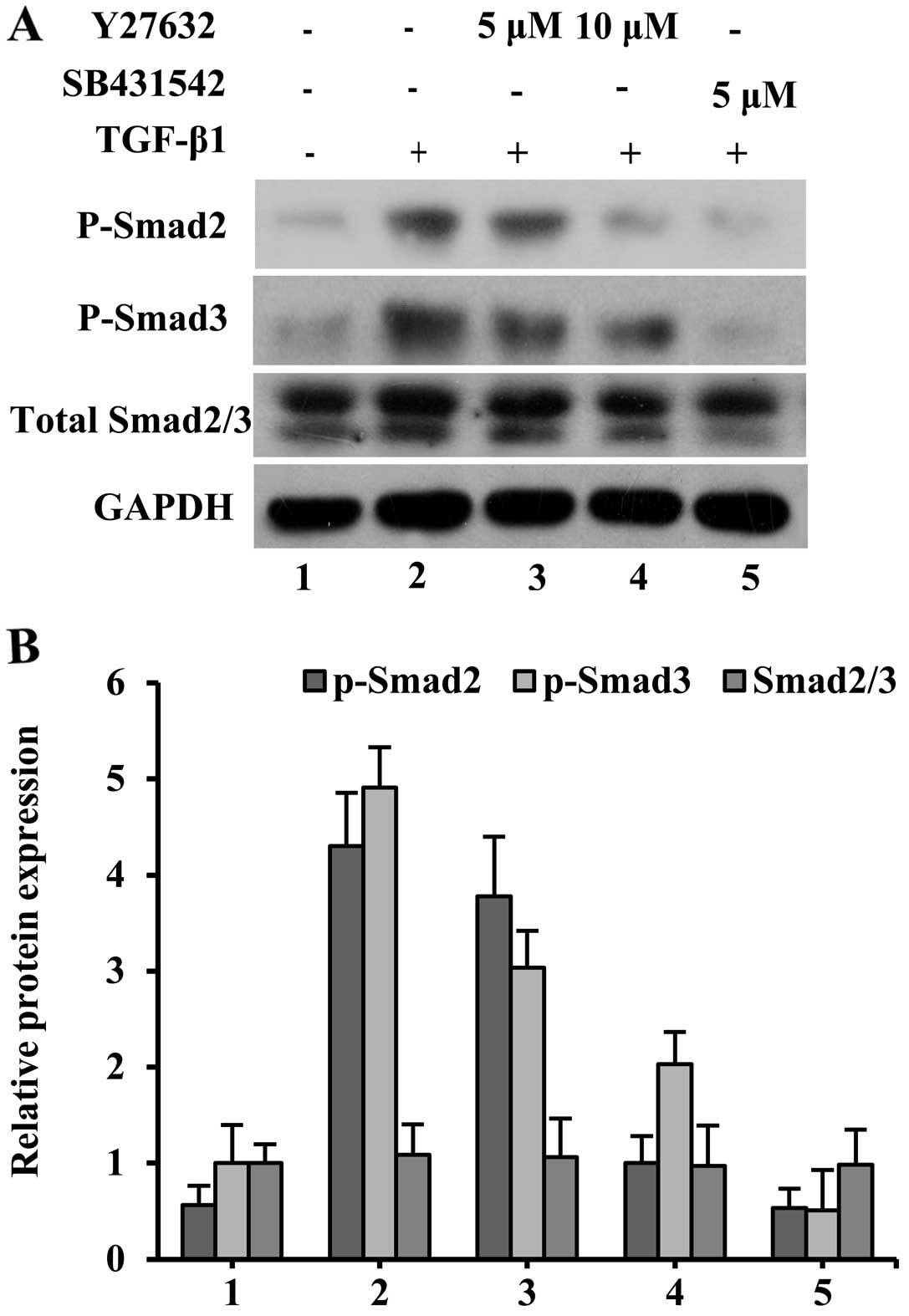|
1.
|
SJ ScrivaniDA KeithLB
KabanTemporomandibular disordersN Engl J
Med35926932705200810.1056/NEJMra080247219092154
|
|
2.
|
E TanakaMS DetamoreLG MercuriDegenerative
disorders of the temporomandibular joint: etiology, diagnosis, and
treatmentJ Dent
Res87296307200810.1177/15440591080870040618362309
|
|
3.
|
J FanRR VarshneyL RenD CaiDA
WangSynovium-derived mesenchymal stem cells: a new cell source for
musculoskeletal regenerationTissue Eng Part B
Rev157586200919196118
|
|
4.
|
Y SakaguchiI SekiyaK YagishitaT
MunetaComparison of human stem cells derived from various
mesenchymal tissues: superiority of synovium as a cell
sourceArthritis Rheum5225212529200516052568
|
|
5.
|
H YoshimuraT MunetaA NimuraA YokoyamaH
KogaI SekiyaComparison of rat mesenchymal stem cells derived from
bone marrow, synovium, periosteum, adipose tissue, and muscleCell
Tissue Res327449462200710.1007/s00441-006-0308-z17053900
|
|
6.
|
SR SampatGD O’ConnellJV FongE
Alegre-AguaronGA AteshianCT HungGrowth factor priming of
synovium-derived stem cells for cartilage tissue engineeringTissue
Eng Part A1722592265201110.1089/ten.tea.2011.015521542714
|
|
7.
|
M PeiF HeG
Vunjak-NovakovicSynovium-derived stem cell-based
chondrogenesisDifferentiation7610441056200810.1111/j.1432-0436.2008.00299.x18637024
|
|
8.
|
EA PapakonstantiC StournarasCell responses
regulated by early reorganization of actin cytoskeletonFEBS
Lett58221202127200810.1016/j.febslet.2008.02.06418325339
|
|
9.
|
F BeierRF LoeserBiology and pathology of
Rho GTPase, PI-3 kinase-Akt, and MAP kinase signaling pathways in
chondrocytesJ Cell
Biochem110573580201010.1002/jcb.2260420512918
|
|
10.
|
A WoodsG WangF BeierRegulation of
chondrocyte differentiation by the actin cytoskeleton and adhesive
interactionsJ Cell Physiol21318200710.1002/jcp.2111017492773
|
|
11.
|
EJ BlainInvolvement of the cytoskeletal
elements in articular cartilage homeostasis and pathologyInt J Exp
Pathol90115200910.1111/j.1365-2613.2008.00625.x19200246
|
|
12.
|
S YamaneAH ReddiInduction of
chondrogenesis and superficial zone protein accumulation in
synovial side population cells by BMP-7 and TGF-beta1J Orthop
Res26485492200810.1002/jor.2052117972329
|
|
13.
|
Y ShiJ MassagueMechanisms of TGF-beta
signaling from cell membrane to the
nucleusCell113685700200310.1016/S0092-8674(03)00432-X12809600
|
|
14.
|
LA McMahonPJ PrendergastVA CampbellA
comparison of the involvement of p38, ERK1/2 and PI3K in growth
factor-induced chondrogenic differentiation of mesenchymal stem
cellsBiochem Biophys Res
Commun368990995200810.1016/j.bbrc.2008.01.16018267113
|
|
15.
|
R TuliS TuliS NandiX HuangPA MannerWJ
HozackTransforming growth factor-beta-mediated chondrogenesis of
human mesenchymal progenitor cells involves N-cadherin and
mitogen-activated protein kinase and Wnt signaling cross-talkJ Biol
Chem2784122741236200310.1074/jbc.M305312200
|
|
16.
|
A MoustakasCH HeldinDynamic control of
TGF-beta signaling and its links to the cytoskeletonFEBS
Lett58220512065200810.1016/j.febslet.2008.03.02718375206
|
|
17.
|
S Etienne-MannevilleA HallRho GTPases in
cell biologyNature420629635200210.1038/nature01148
|
|
18.
|
A MammotoS HuangK MooreP OhDE IngberRole
of RhoA, mDia, and ROCK in cell shape-dependent control of the
Skp2-p27kip1 pathway and the G1/S transitionJ Biol
Chem2792632326330200410.1074/jbc.M40272520015096506
|
|
19.
|
G WangF BeierRac1/Cdc42 and RhoA GTPases
antagonistically regulate chondrocyte proliferation, hypertrophy,
and apoptosisJ Bone Miner
Res2010221031200510.1359/JBMR.05011315883643
|
|
20.
|
A WoodsG WangF BeierRhoA/ROCK signaling
regulates Sox9 expression and actin organization during
chondrogenesisJ Biol
Chem2801162611634200510.1074/jbc.M40915820015665004
|
|
21.
|
R McBeathDM PironeCM NelsonK BhadrirajuCS
ChenCell shape, cytoskeletal tension, and RhoA regulate stem cell
lineage commitmentDev
Cell6483495200410.1016/S1534-5807(04)00075-915068789
|
|
22.
|
A WoodsF BeierRhoA/ROCK signaling
regulates chondrogenesis in a context-dependent mannerJ Biol
Chem2811313413140200610.1074/jbc.M50943320016565087
|
|
23.
|
SC HubchakCE RunyanJI KreisbergHW
SchnaperCytoskeletal rearrangement and signal transduction in
TGF-beta1-stimulated mesangial cell collagen accumulationJ Am Soc
Nephrol1419691980200310.1097/01.ASN.0000076079.02452.9212874450
|
|
24.
|
S WangX WuTM LincolnJE
Murphy-UllrichExpression of constitutively active cGMP-dependent
protein kinase prevents glucose stimulation of thrombospondin 1
expression and TGF-beta
activityDiabetes5221442150200310.2337/diabetes.52.8.214412882934
|
|
25.
|
J LiX LongJ KeQG MengW FangIdentification
and characterization of synovial mesenchymal stem cells in
temporomandibular jointZhonghua Kou Qiang Yi Xue Za
Zhi403623642005(In Chinese).
|
|
26.
|
KJ LivakTD SchmittgenAnalysis of relative
gene expression data using real-time quantitative PCR and the
2(-Delta Delta C(T))
methodMethods25402408200110.1006/meth.2001.126211846609
|
|
27.
|
G WangA WoodsS SabariL PagnottaLA StantonF
BeierRhoA/ROCK signaling suppresses hypertrophic chondrocyte
differentiationJ Biol
Chem2791320513214200410.1074/jbc.M31142720014726536
|
|
28.
|
W BiJM DengZ ZhangRR BehringerB de
CrombruggheSox9 is required for cartilage formationNat
Genet228589199910.1038/8792
|
|
29.
|
DR HaudenschildJ ChenN PangMK LotzDD
D’LimaRho kinase-dependent activation of SOX9 in
chondrocytesArthritis
Rheum62191200201010.1002/art.2505120039424
|
|
30.
|
AK KamarajuAB RobertsRole of Rho/ROCK and
p38 MAP kinase pathways in transforming growth factor-beta-mediated
Smad-dependent growth inhibition of human breast carcinoma cells in
vivoJ Biol Chem28010241036200510.1074/jbc.M40396020015520018
|
|
31.
|
S ChenM CrawfordRM DayVR BrionesJE
LeaderPA JoseRhoA modulates Smad signaling during transforming
growth factor-beta-induced smooth muscle differentiationJ Biol
Chem28117651770200610.1074/jbc.M50777120016317010
|















